My Dog Is Pacing and Won’t Lie Down [5 Reasons Explained]
“Help! My dog is pacing and won’t lie down!”
That’s a common concern we see from dog owners – especially first-time pet owners who don’t know what that might mean.

It can be worrisome to see your dog pacing nonstop. However, it’s important to understand why. Usually, your dog will pace around and refuse to rest due to one of the following reasons.
By figuring out what is bothering your pup, you can give it the help it needs.
1. It’s Excited or Hyped
This reason is pretty common. Your dog might simply be excited and hyped up about something! Perhaps you just came home after a long day at work and it’s glad to see you.
Whatever it is, if your dog eventually quiets down and rests, there may be nothing wrong with it.

2. It’s Stressed or Anxious
On the other hand, if there isn’t anything that might be causing your dog to be excited and its pacing doesn’t stop, your dog is probably stressed or anxious. Several things can cause a dog to be anxious, although some dogs get stressed more easily than others.
A common cause of anxiety is a lot of noise and distractions. Loud music from inside or outside the house, a scary horror movie playing on your monitor, or a constant stream of guests and visitors can all be stressful for pups.
If you just got a new dog, it may not yet have adjusted to your home. It takes time for dogs to get comfortable in new environments. With time, its anxiety should settle down, but be patient.
A new environment isn’t the only thing that can cause dog stress. A new member of the family – yes, your newborn baby – or a new cat or dog can also get on its nerves until it gets used to them.
Dogs often get stressed when their owners are stressed. They can sense that there is something wrong, but they may not know what it is. If you and your spouse or kids are arguing and yelling, dogs can easily get spooked.
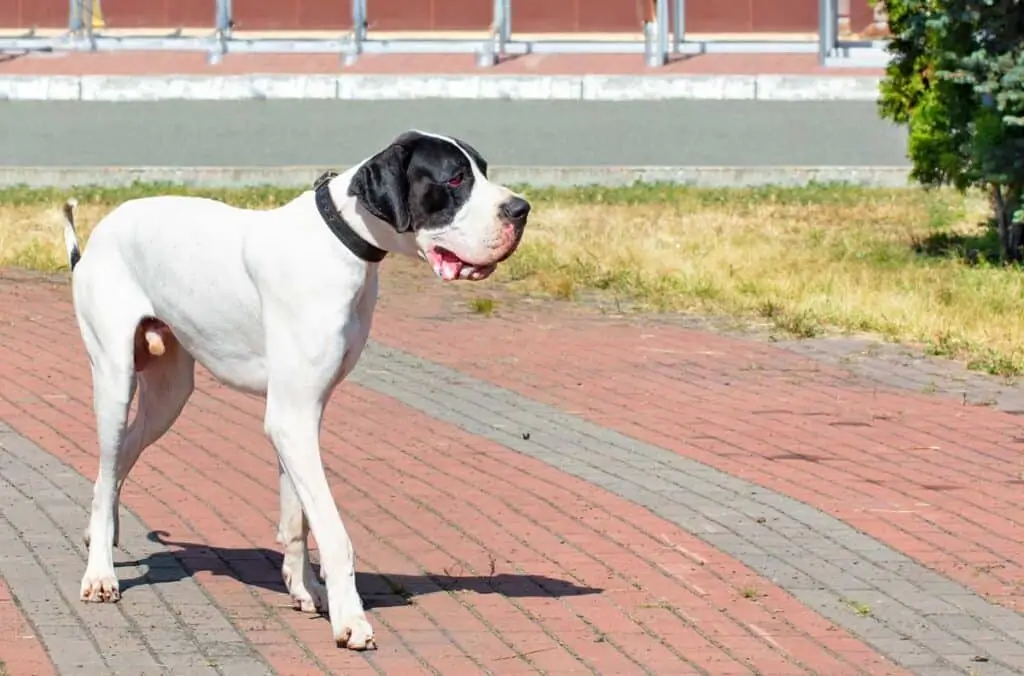
3. It’s Suffering From Separation Anxiety
There is another type of anxiety your dog might be suffering from – separation anxiety. Dogs can get scared and anxious when separated from their loved ones for too long. If you’re Googling, “My dog is pacing and won’t lie down,” for your neighbor’s or friend’s dog that you’re taking care of, it might just miss its owner.
If it’s your dog, you might be spending a lot of time away from it. Whether you’re working long hours or you just came back from a week-long business trip, your dog might just need a hug and some extra care for a few days.

4. It’s Hungry or Thirsty
Your dog might simply be hungry or thirsty if it won’t stop pacing.
Even if you are feeding it, the food might not be filling enough. Check to make sure your dog is eating what you are feeding it. If it is not, you might want to try switching up its diet and giving it something that tastes a bit different.
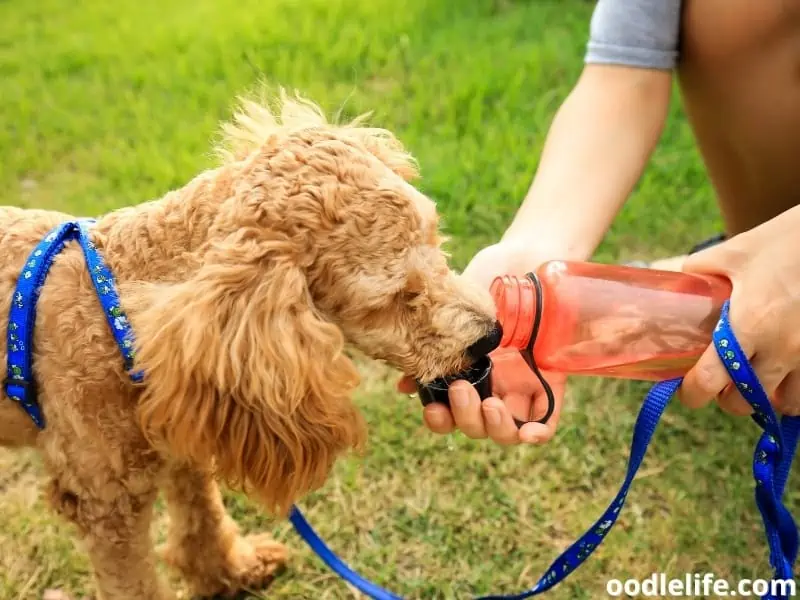
5. It’s in Pain
It’s not fun to think about, but excessive pacing could mean that your dog is sick! Dogs frequently pace around when they’re in physical pain. They won’t lie down because they just can’t get comfortable or find relief.
Sometimes, it’s nothing serious. Your dog might be suffering from an upset stomach, for example. It might be nauseous or have stomach cramps, but that will usually pass with time.
Other times, your dog might be suffering from arthritis or something else that is chronic or serious.
In either case, it can be tough to figure out what’s bothering your dog without taking it to a vet. Get it checked by a professional so you can figure out the problem. The vet can advise you on the best possible solution.
Your dog might need a diet change, specific medication, or a particular type of care. If your dog’s pacing has been going on for a few days, take it to a vet.
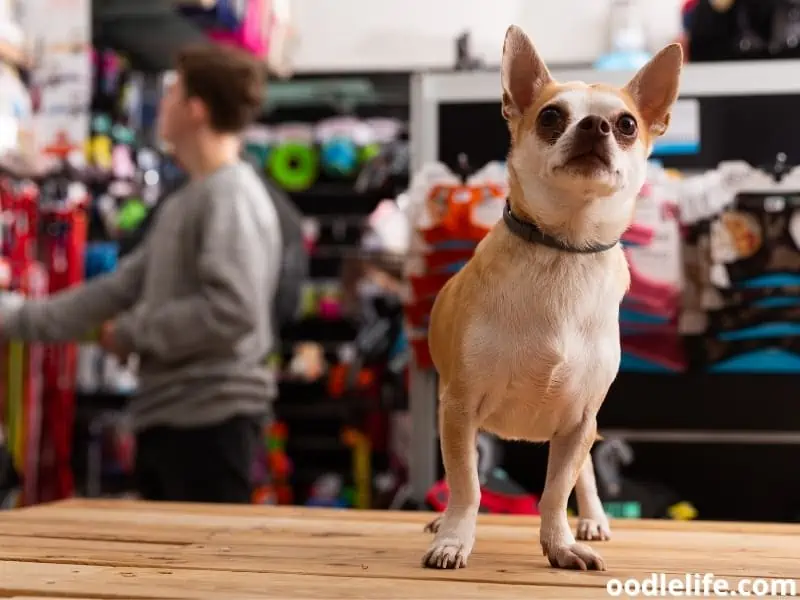
6. It Senses a Threat
Your dog might be pacing around because it senses a threat. There might be someone at the door, whom you may not have noticed. It could even be your friend – if your dog is unfamiliar with them.
Dogs have keen senses of smell, and they can sense threats that we can’t.
Of course, what it perceives as a threat may not be one. Nevertheless, it’s worth checking out what’s going on.
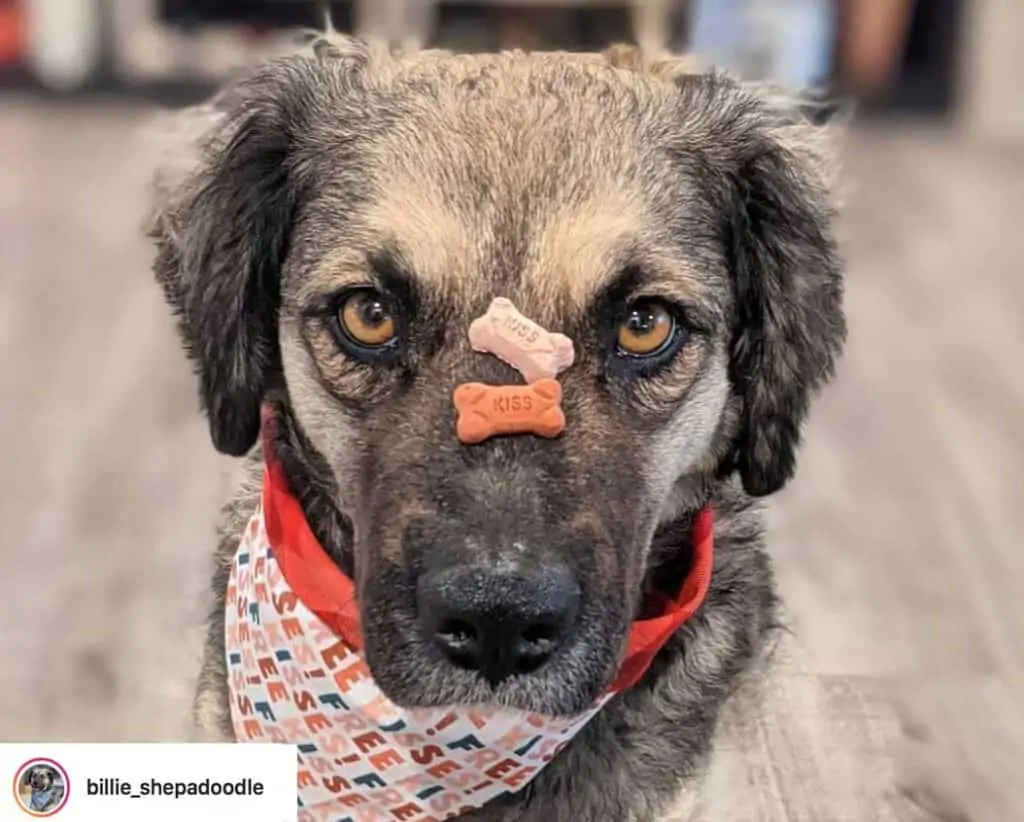
7. It Needs Exercise
Dogs need exercise to stay stimulated and healthy. If your dog is not getting the exercise it needs, it may start pacing around restlessly. Perhaps it’s time for their daily walk, or maybe you need to make those walks longer or more frequent.
Sometimes, just taking your dog outside to the front yard is all you need to do to get them to stop pacing.
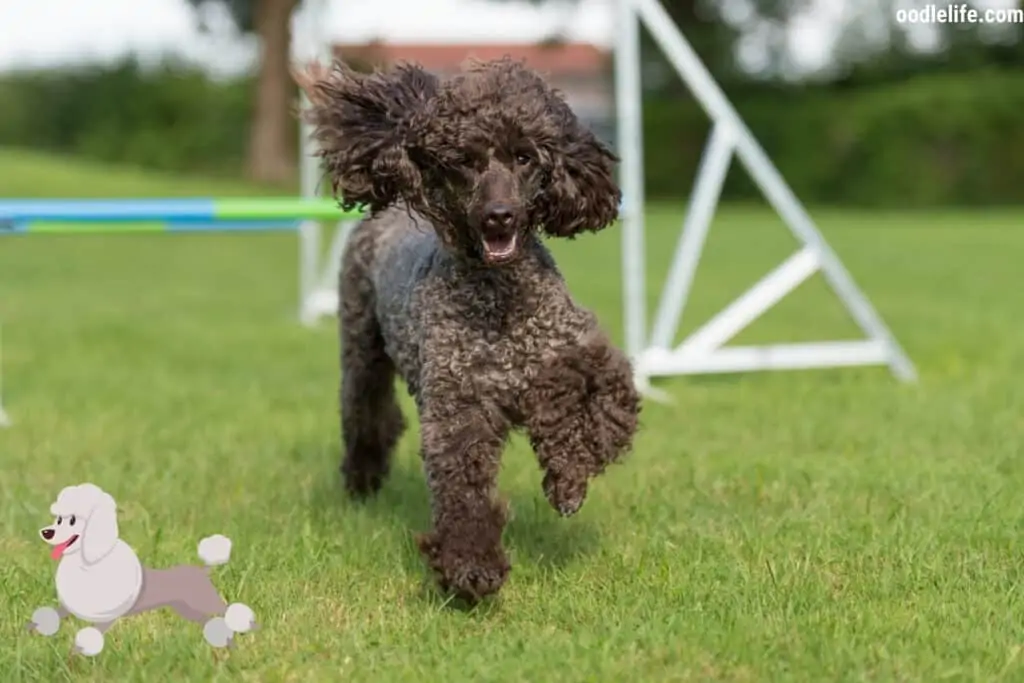
What Should You Do if Your Dog Is Pacing and Won’t Lie Down?
Once you’ve identified the root cause of your dog’s pacing issues, do what you can to solve it. If your dog hasn’t gotten its daily walk, take it outside. If loud music is stressing it out, turn off the music and consider putting on gentle, calming classical tunes to calm it down.
If your furry friend is suffering from separation anxiety, make sure to give them extra attention. If a strange human or dog makes your own pup fearful, take it away from the stressor.
Finally, if the pacing persists over a few days, it may point to a more critical issue. Take your dog to your vet as soon as possible to see if it’s ill.
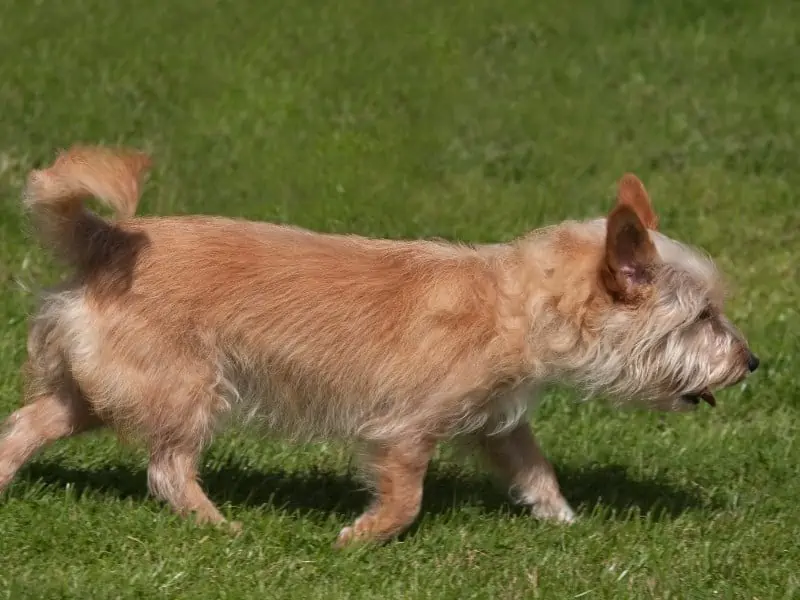
Final Thoughts
“My dog is pacing and won’t lie down!” Sound familiar?
Fortunately, it’s not the end of the world, and it’s usually not something to be overly concerned about. Most of the time, your dog will calm down as soon as you’re able to pinpoint the cause and take active steps toward finding a solution.